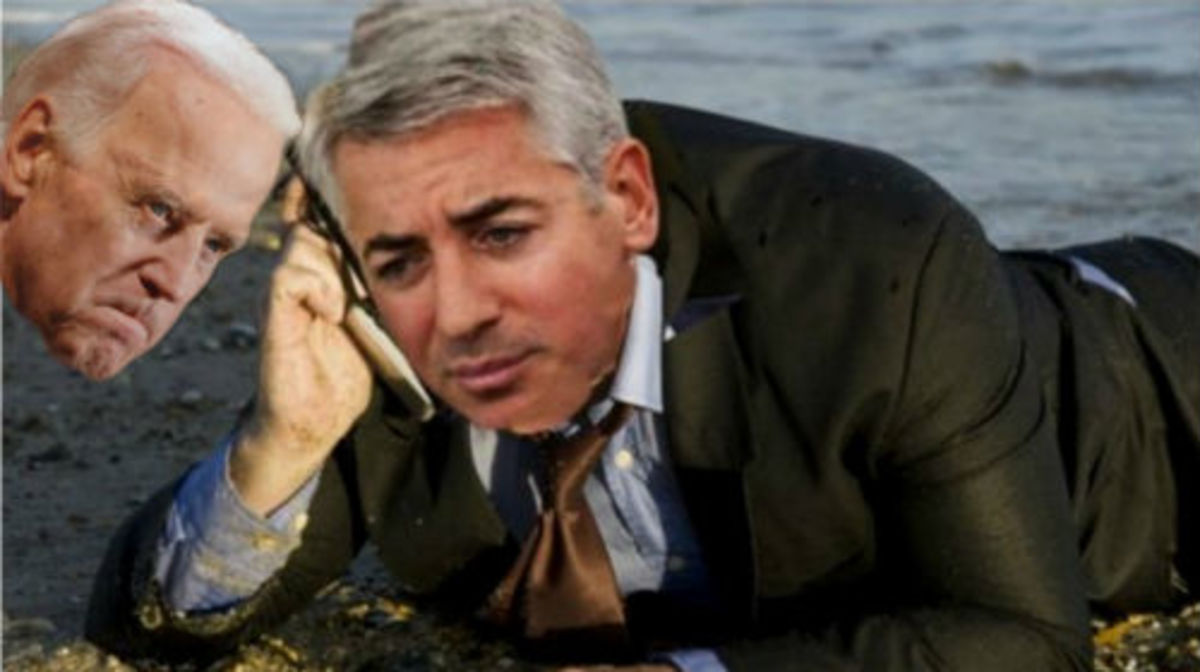Justice Amy Coney Barrett’s sudden confirmation last month raised a potential quandary: What if the ACA was overturned, upending coverage for millions in the middle of a pandemic?
Even with a 6-3 conservative majority, that outcome seems unlikely. In oral arguments on Tuesday, most of the court seemed hesitant to strike down the entire law. Notably, Chief Justice John Roberts and Justice Brett Kavanaugh questioned whether the individual mandate was so crucial to the rest of the healthcare law after all.
In 2017, Congress reduced the penalty for not getting health insurance to $0. Because of that, challengers in the case, Texas v California, argued that it could no longer be considered a tax, making the mandate unconstitutional.
They also tried to argue that the individual mandate could not be separated from the rest of the ACA, posing a threat to the healthcare law’s many other provisions if the mandate was overturned. But five justices questioned that line of reasoning, including Roberts and Kavanaugh, a Trump appointee.
“I tend to agree with you that this is a very straightforward case for severability under our precedence,” Kavanaugh told Donald Verilli, a former Obama Administration solicitor general who is defending the ACA for the House of Representatives.
“I think it’s hard for you to argue that Congress intended for the entire act to fall if the mandate were struck down when the same Congress that lowered the penalty to zero did not even try to repeal the rest of the act,” Roberts told Texas Solicitor General Kyle Hawkins on Tuesday. “I think frankly that they wanted the court to do that but that’s not our job.”
Based on her line of questioning, it was less clear Trump’s most recent appointee, Barrett, will fall.
Troy Oechsner, a partner with Manatt, cautioned that oral arguments might not always be indicative of justices’ final decisions. But at least five of the nine seemed to be skeptical of the severability argument.
“You could see a majority of the court saying ‘because the mandate was zeroed out, and there’s no longer any penalty to it, it’s effectively not a tax. We’re going to throw it out. … But losing the individual mandate is not critical to the operation of the rest of the law,’” he said.
In total, the Supreme Court must consider three questions:
- Do Texas and the 17 other attorney generals and governors challenging the law have standing for their case?
- Is the individual mandate, the portion of the ACA that requires Americans to have health insurance, constitutional with a $0 penalty?
- Is the individual mandate inseverable from the rest of the ACA, meaning it cannot be separated from the rest of the law? In this case, if the mandate is determined to be unconstitutional, other provisions of the ACA could be struck down, too.
A significant portion of time was also spent questioning whether the challengers had the standing to bring the case in the first place — whether the states and individual plaintiffs could establish that a $0 individual mandate had caused them any harm. If found to have no standing, the case could be thrown out entirely.
“I don’t think I would say it’s the most likely outcome, but it’s not inconceivable,” Oechsner said. “It might be a way for at least the majority of justices to sidestep all of the thorny issues about whether the individual mandate is still constitutional.”
If the law goes
The worst-case scenario would be for the court to strike down the entire ACA, eliminating not just the individual mandate, but all of the insurance protections that are included in the law. That would remove protections that say insurers can’t deny coverage to patients with pre-existing conditions, and community rating requirements that stipulate that sick people can’t get charged more for coverage, as well as removing limitations on annual and lifetime benefits.
Millions of people would also lose Medicaid coverage in states that had expanded Medicaid. The program has also served as an important lifeline during the pandemic for people who lost their jobs and employer-based insurance. Between February and August, Medicaid enrollment increased by a median of 8.3%, well above pre-pandemic levels, according to an analysis of data from 24 states conducted by Manatt.
If the law stays
If the ACA — or at least most of the law — remains intact, it would serve as the foundation for President-elect Joe Biden’s healthcare policy. So far, the campaign has outlined three key measures, including increasing subsidies for individual buying coverage through the exchanges, lowering the age for Medicare eligibility to 60, and the most ambitious of its policy goals, creating a public insurance option that could compete with commercial insurance plans.
“Assuming the ACA is upheld and the administration isn’t scrambling to fix that, I expect them to pursue that platform,” Oechsner said. “Whether they’ll be able to do that, if the Senate remains Republican, is unknown.”
Photo credit: Matt Wade, Flickr
 Staci Zaretsky is a senior editor at Above the Law, where she’s worked since 2011. She’d love to hear from you, so please feel free to email her with any tips, questions, comments, or critiques. You can follow her on Twitter or connect with her on LinkedIn.
Staci Zaretsky is a senior editor at Above the Law, where she’s worked since 2011. She’d love to hear from you, so please feel free to email her with any tips, questions, comments, or critiques. You can follow her on Twitter or connect with her on LinkedIn.


 Jordan Rothman is a partner of
Jordan Rothman is a partner of 









 Kathryn Rubino is a Senior Editor at Above the Law, and host of
Kathryn Rubino is a Senior Editor at Above the Law, and host of 




